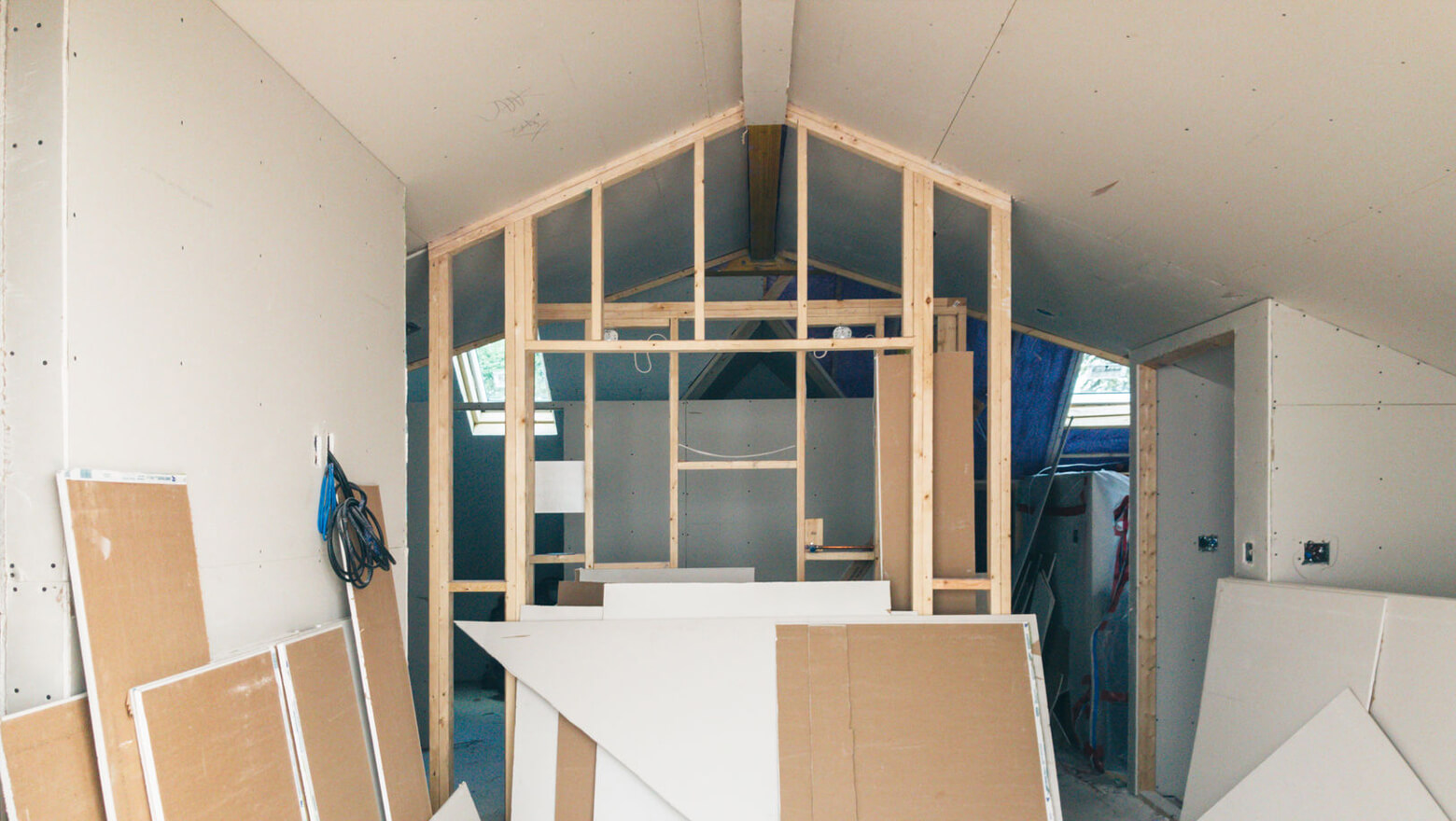Home Builders Lose out on Sales Amid Record Demand
Home Builders Struggle to Meet Demand
Some of the nation’s biggest home builders including D. R. Horton (DHI) and KB Home (KBH) are losing out on new sales as they struggle to catch up with outsized demand. Sales of new homes set multiple records during 2020 and the early part of 2021 as low interest rates and a shift to working remotely drove demand for more space.
Homebuilders have not been able to meet that demand due to labor shortages, supply shortages, lack of available property, and rising materials costs. As a result, companies have been turning away business. Net sales orders in D. R. Horton’s second quarter fell 17% year-over-year as a result of the current market trends.
Home Prices at Record Highs
The inability for home builders to meet the demand is driving home prices to record highs. This comes at a time when home prices are already at all-time highs. In June the median price for a new home was $361,800—up 6.1% year-over-year.
For individual home builders the increases are even greater. The average price for home sales closed during the second quarter at Taylor Morrison Home (TMHC) increased 9.8% compared to a year ago. New order prices in the quarter increased 31.8%. Meritage Homes (MTH), which reported a 18% rise in new orders during the second quarter, has seen its average sales price increase 4%.
Stocks Hold Despite Lost Sales
As wait lists to buy homes get longer, different builders are taking different approaches. Some are selling homes as the orders come in while others are requiring offers above list prices. Others are holding lotteries to sell what limited inventory they have. A lot of builders are also holding off selling properties until they are almost complete to take advantage of rising home prices.
While home builders have been losing sales in this red-hot real estate market, their stocks have not suffered. The S&P Homebuilders Select Industry Index is 31% higher—even though it is off its high, which was set in May. It will be interesting to see if investors continue to reward the group if supply constraints continue to hurt sales.
Please understand that this information provided is general in nature and shouldn’t be construed as a recommendation or solicitation of any products offered by SoFi’s affiliates and subsidiaries. In addition, this information is by no means meant to provide investment or financial advice, nor is it intended to serve as the basis for any investment decision or recommendation to buy or sell any asset. Keep in mind that investing involves risk, and past performance of an asset never guarantees future results or returns. It’s important for investors to consider their specific financial needs, goals, and risk profile before making an investment decision.
The information and analysis provided through hyperlinks to third party websites, while believed to be accurate, cannot be guaranteed by SoFi. These links are provided for informational purposes and should not be viewed as an endorsement. No brands or products mentioned are affiliated with SoFi, nor do they endorse or sponsor this content.
Communication of SoFi Wealth LLC an SEC Registered Investment Adviser
SoFi isn’t recommending and is not affiliated with the brands or companies displayed. Brands displayed neither endorse or sponsor this article. Third party trademarks and service marks referenced are property of their respective owners.
SOSS21081102



